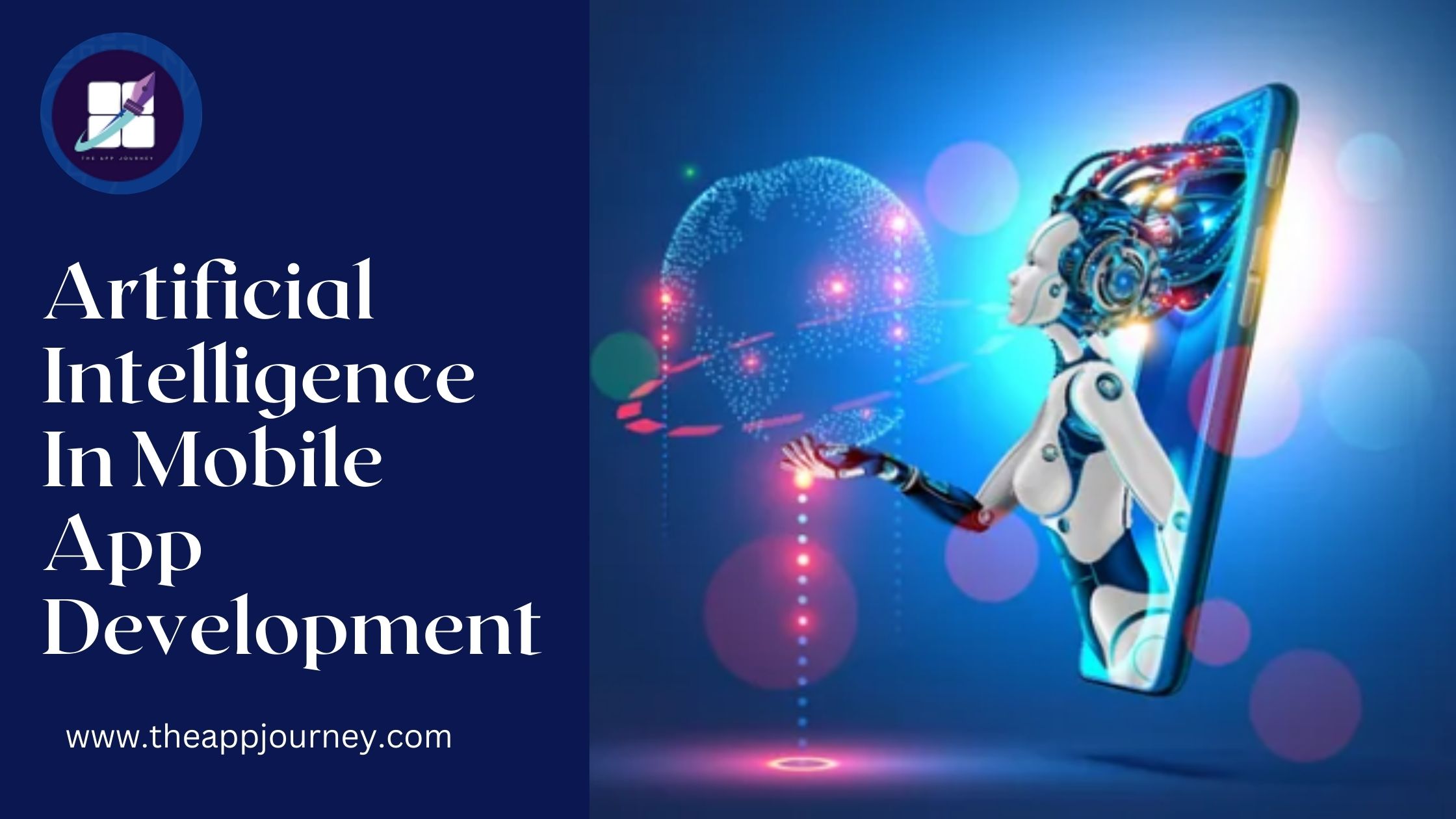In today’s digital age, mobile applications have become indispensable tools that empower businesses and individuals alike to connect, create, and innovate. Behind the seamless interfaces and intuitive functionalities of these apps lies a sophisticated blend of technologies, among which artificial intelligence (AI) stands out as a transformative force. From enhancing user experiences to optimizing backend operations, AI plays a pivotal role in every stage of the app development journey.
1. Ideation and Conceptualization
The inception of a successful mobile app begins with a compelling idea. AI contributes significantly during this phase by analyzing vast amounts of data to identify market trends, user preferences, and potential gaps in existing solutions. Through techniques such as sentiment analysis and predictive analytics, AI helps developers gain valuable insights that shape the initial concept into a more refined and market-ready product. By understanding user behaviors and demands, AI-driven tools assist in creating apps that not only meet but exceed user expectations.
2. Development and Design
During the development stage, AI accelerates the creation process by automating repetitive tasks and streamlining workflows. Machine learning algorithms aid in coding by suggesting optimizations, detecting bugs, and even generating code snippets based on predefined patterns. This not only reduces development time but also enhances code quality and reliability, ultimately leading to a smoother user experience. Moreover, AI-powered design tools analyze user interactions and preferences to create intuitive interfaces and personalized experiences, ensuring that the app remains engaging and user-friendly.
3. Personalization and User Engagement
One of the standout features of artificial intelligence in mobile app development is its ability to deliver personalized experiences. By leveraging data collected from user interactions, AI algorithms can customize content, recommendations, and notifications based on individual preferences and behaviors. This level of personalization not only enhances user satisfaction but also fosters long-term engagement and loyalty. Whether through predictive analytics to anticipate user needs or through natural language processing (NLP) for chatbots that provide real-time assistance, AI enriches the app experience by making it more relevant and responsive to users’ evolving expectations.
4. Performance Optimization and Maintenance
Post-launch, AI continues to play a crucial role in optimizing app performance and ensuring scalability. Through advanced analytics and monitoring, AI-driven tools detect anomalies, identify bottlenecks, and predict potential issues before they impact users. This proactive approach allows developers to implement timely updates and improvements, thereby maintaining the app’s functionality and responsiveness. AI-powered analytics also provide valuable insights into user behavior and performance metrics, enabling developers to refine features, enhance security, and deliver continuous value to their audience.
5. Future Trends and Innovations
Looking ahead, AI promises to drive further innovation in mobile app development. Emerging technologies such as natural language processing (NLP), computer vision, and AI-driven automation will enable apps to offer more immersive experiences, enhanced security features, and seamless integrations with other smart devices and services. As AI capabilities continue to evolve, developers will have unprecedented opportunities to create groundbreaking applications that anticipate and fulfill the needs of tomorrow’s digital landscape.
In conclusion, AI is not just a tool but a transformative catalyst that reshapes the app development landscape at every stage of The App Journey. By harnessing the power of artificial intelligence, developers can unlock new possibilities, improve efficiencies, and deliver unparalleled user experiences that redefine the way we interact with mobile technology. As we embark on this journey of innovation, the integration of AI will undoubtedly remain at the forefront, driving the future of mobile app development towards greater heights of creativity and functionality.

